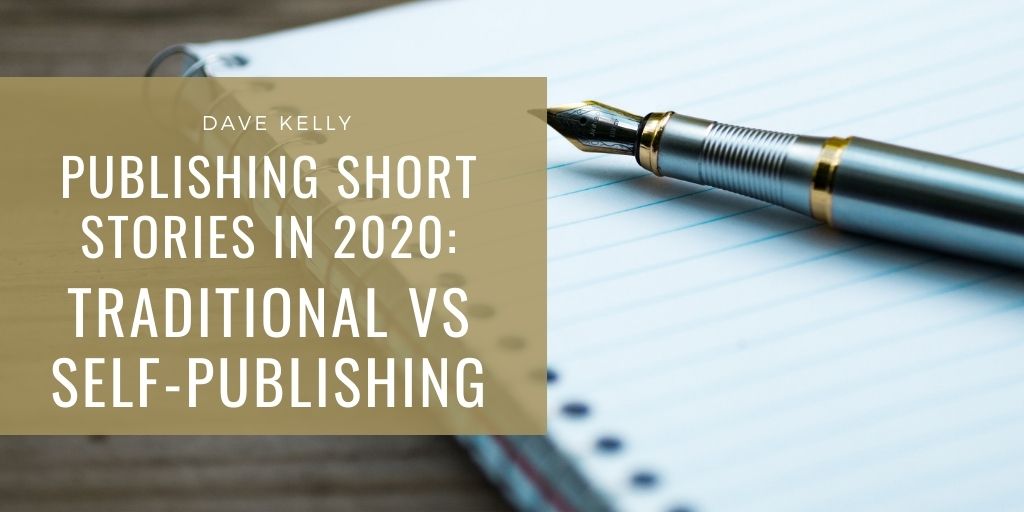You’ve written a fantastic short story you want the world to read. Now what?
Self-publishing in 2020 doesn’t carry the same stigma as it once did. Today’s authors have more options and control over their careers and work. So, when you’ve finished writing something, it’s your decision whether it’s best to self-publish the work or submit it to traditional publishers for consideration. To make that decision, you should look at your short-term and long-term goals as a writer.
Prestige
One of the best reasons to submit a short story to traditional publications is reputation. Are you looking to earn a name within your literary community?
The level of prestige that comes with the traditional publication of a story varies between genres. Fantasy and science fiction authors can gain a fair amount of notoriety within their community by traditionally publishing a short story. While you can be submitted for awards like the Hugos or Nebulas with a self-published story, you’re much more likely to be found through a traditional publication.
Timeliness
Do you want your story to be published right now? One advantage of self-publishing is that it can be done in a matter of minutes. Submitting your short story to traditional publications and jumping through those hoops will take months, and always carries the risk that your story will never find a home. You can self-publish a story as soon as you’ve prepared it for publication, thanks to software through Amazon and BookWright.
Revenue
Several myths about self-publishing make varying claims about how many rewards can be reaped. Depending on the person you’re talking to, self-publishing could earn you a lot of money or nothing at all.
With self-publishing, the marketing and returns are influenced by your own efforts. These factors deviate further between short stories and novels. For a novel, you can charge a higher price point due to the length. There are also more marketing avenues for a novel than there are for a short story.
Most authors charge between $0.99 and $2.99 for a self-published short story and often pay upfront for editing and a nice cover.
With traditional publishing, professional paying publications will pay approximately $0.08 a word. For a 5,000-word story, that is $400.
Magnet
Some short story authors use one work as a magnet for their other writings. By drawing in readers with a “magnet,” or free short story, authors can provide extra value to readers who purchase a given work or subscribe to a newsletter. The short-story can be self-published, giving authors full control over its distribution.
Others who traditionally publish can utilize this method and become mixed-type publishers, going through traditional techniques for some works and providing more casual experiences with their own publications. Ultimately, the decision is up to you and will depend on your goals as an author and artist.
